Also Known As
- Chinese Evergreen
- Aglaonema
- Philippine Evergreen Plant
- Painted Drop Tongue Plant
How to Care?
 Sunlight
Sunlight
- Bright indirect sunlight
 Water
Water
- Thrice a week
 Location
Location
- Indoor
 Maintenance
Maintenance
- Low care
 Size
Size
- 16 × 14 Inches Approx.
 Season
Season
- All season
 Fragrance
Fragrance
- No
 Specialty
Specialty
- Air Purifier
Aglaonema, commonly known as Chinese Evergreen, is an attractive and popular houseplant renowned for its striking foliage and ability to thrive in low-light conditions. Belonging to the Araceae family, this tropical plant is native to Southeast Asia, particularly regions such as Thailand, Malaysia, and the Philippines.
Aglaonema is admired for its beautiful and diverse leaf patterns, which vary between different varieties and cultivars. The leaves are typically large, lance-shaped, and come in various shades of green, often with intricate patterns of silver, cream, white, pink, or red. These variegated or speckled patterns create a visually appealing display and make Aglaonema a favorite choice for interior decorating and adding a touch of tropical beauty to indoor spaces.
One of the key reasons for Aglaonema’s popularity as a houseplant is its adaptability and low-maintenance care requirements. It can thrive in low to moderate light conditions, making it suitable for areas with limited natural sunlight. However, it prefers bright, indirect light for optimal growth and more vibrant leaf colors. Direct sunlight can scorch the leaves and cause them to lose their beautiful variegation.
Aglaonema also appreciates warm temperatures, ideally ranging between 65°F to 80°F (18°C to 27°C). It is best to avoid exposing the plant to cold drafts or sudden temperature fluctuations, which can cause stress and damage to the foliage.
When it comes to watering, Aglaonema prefers to be kept consistently moist but not waterlogged. It’s important to let the top inch (2.5 cm) of the soil dry out between waterings. Overwatering can lead to root rot, so it’s essential to ensure proper drainage and avoid leaving the plant in standing water.
As a relatively slow-growing plant, Aglaonema rarely requires pruning. However, removing any yellow or damaged leaves can help maintain the plant’s overall health and appearance.
Aglaonema is generally considered non-toxic to humans and pets, making it a safe and enjoyable houseplant for households with children and animals. However, ingestion may cause mild irritation, so it’s still advisable to keep it out of reach of curious pets and small children.
With its attractive foliage, ease of care, and adaptability to indoor environments, Aglaonema remains a beloved and sought-after houseplant. Whether used as a tabletop accent or a floor-standing statement piece, Aglaonema brings a touch of elegance and natural beauty to any interior space, making it a delightful addition to any plant lover’s collection.
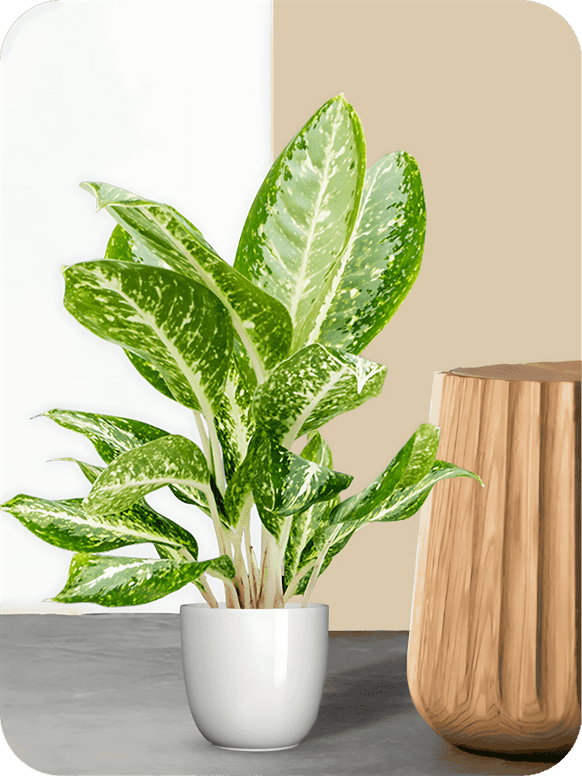
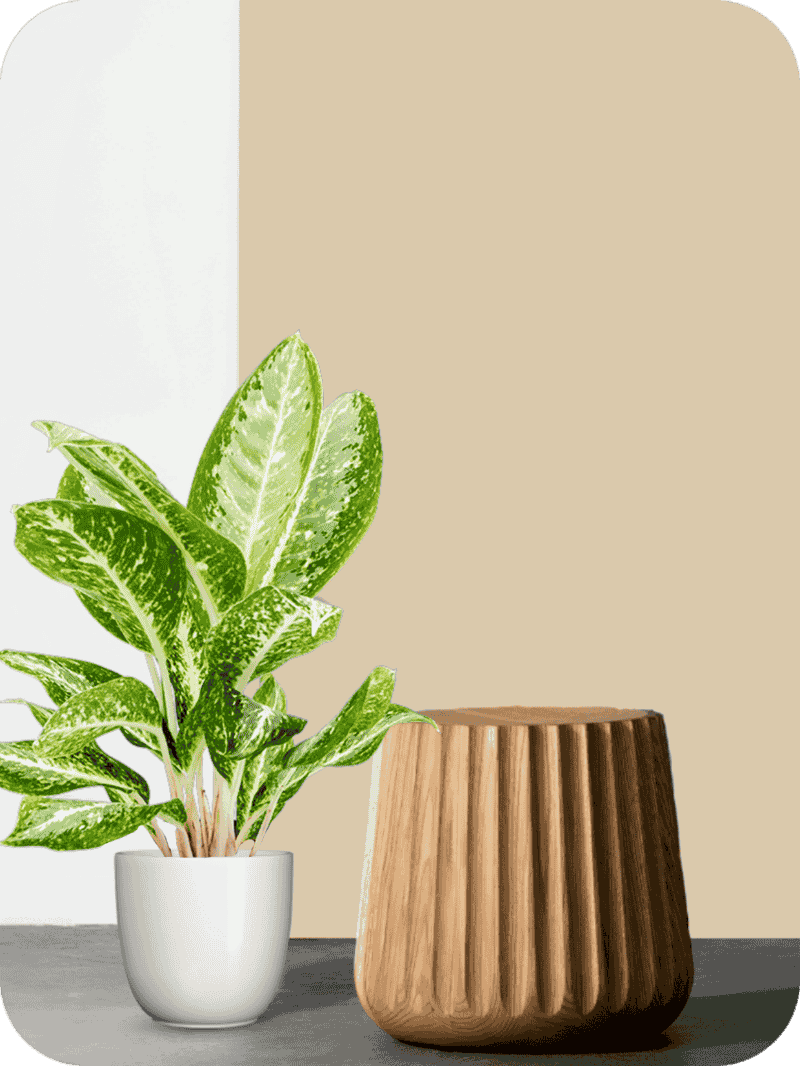

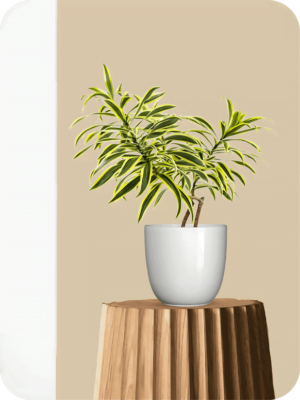
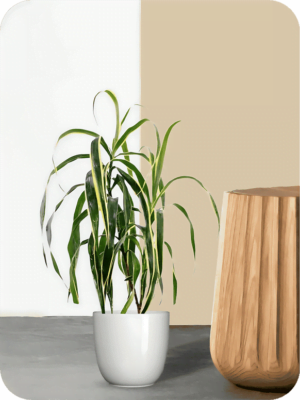
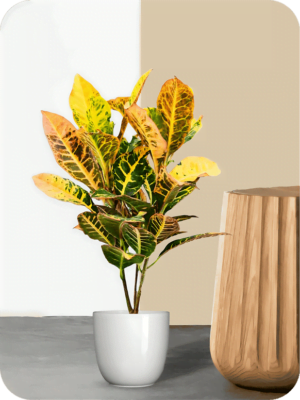
Reviews
There are no reviews yet